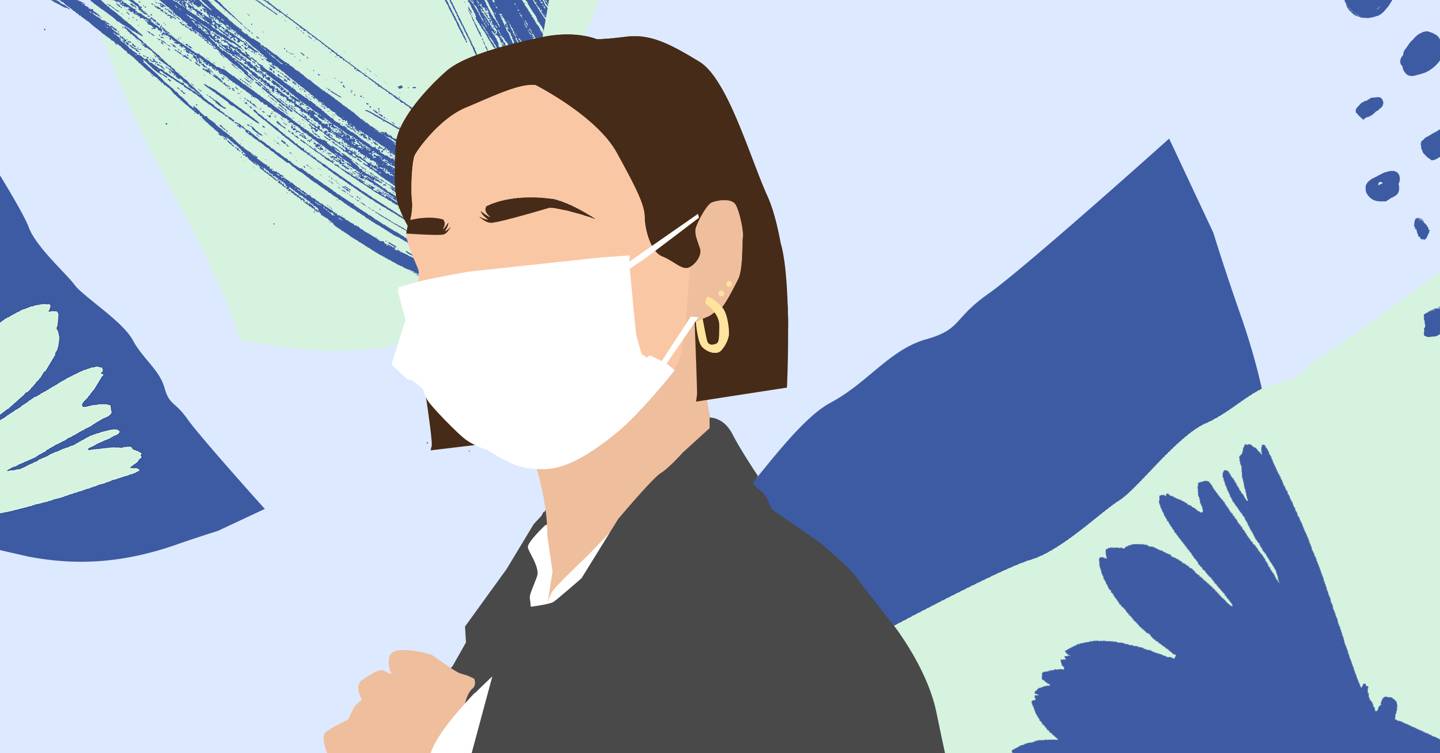The outbreak of Coronavirus has had massive implications for the UK economy which led to Chancellor Rishi Sunak offering up to £330 billion to help out workers and business owners affected by offering something called ‘furlough’ measures. So what does it actually mean for you? Here’s everything you need to know.
What does it mean if you’re a furloughed worker?
Furloughed workers are those who are unable to work due to the Coronavirus pandemic because their places of work or line of business can no longer function normally during lockdown measures.
Being ‘furloughed’ is part of the Coronavirus Job Retention Scheme that the government set up to prevent and discourage businesses from making staff redundancies and cuts by offering them access to financial support so they can continue paying 80% of their staff’s wages – up to a cap of £2,500 per month per worker.
As the gov.uk website explains, it’s temporary and open to all UK employers for at least three months (and longer if needed).
As being furloughed means a change in your job status, the law requires employers to discuss the measures with proposed furlough staff before any action is taken (ie they shouldn’t put you forward for it without your permission.)
What is furloughed leave?
Any UK employer can apply for the furlough scheme, including business, charities, recruitment agencies and public authorities. It’s up to your employer to put you on furloughed leave and means you’ll stay on the payroll rather than being laid off.
The gov.uk website outlines that furloughed workers have to have been on the payroll on 28 February 2020 and could be full-time employees, part-time employees, employees on agency contracts as well as employees on flexible or zero-hour contracts.
The scheme also covers anyone who was made redundant since 28th February – you can approach your previous employer to see if they will make you a furloughed worker instead.
According to the Government, furloughed staff shouldn’t undertake any work for their employer during the scheme. Being a furloughed worker means you are still employed and your employer has the option to fund differences you might have in the payment and your usual salary – but isn’t obliged to.
Anyone who sees a reduction in their salary from being furloughed might be eligible for extra support such as Universal Credit.
Can I take another job while on furlough?
The Government does not specifically prevent workers from taking on other jobs while on furlough leave but it’s best if you speak to your employer first as you are still on their payroll and are classified as their employee. Some contracts may prohibit employees from taking up other work so check this before you go any further.
For more information about the Coronavirus Job Retention scheme visit gov.uk
